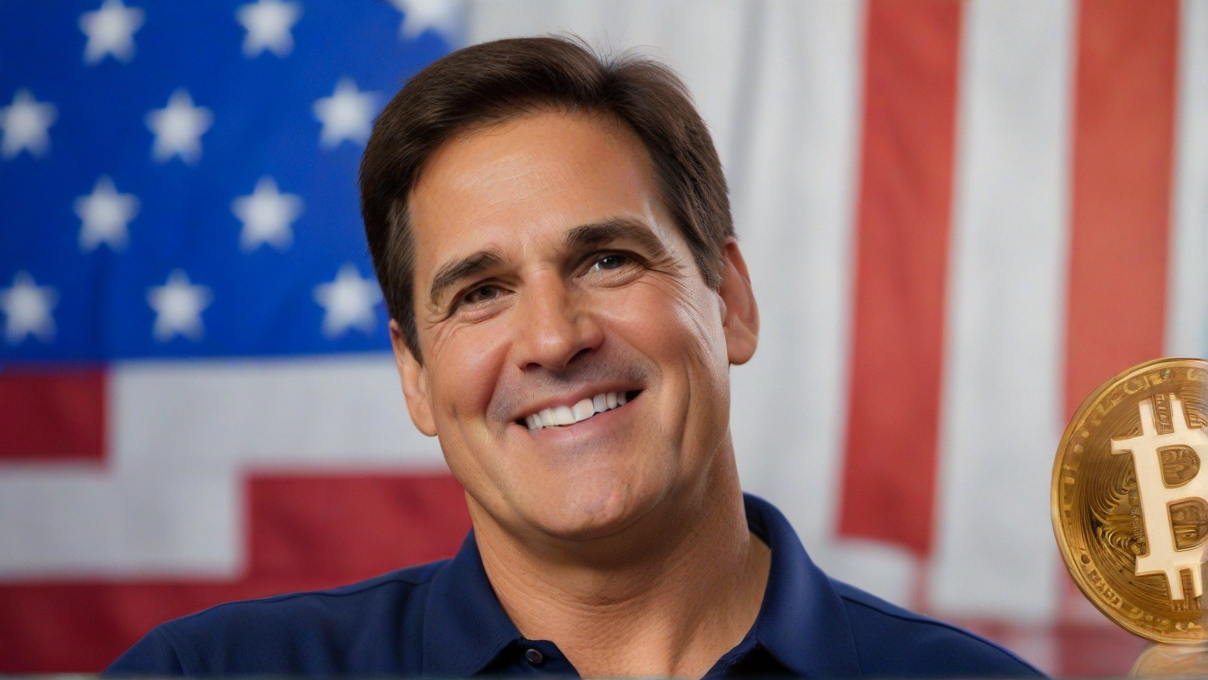
Billionaire investor Mark Cuban recently criticized the SEC’s approach to crypto. He stated that if President Joe Biden loses the upcoming election, “you will be able to thank Gary Gensler and the SEC.” Cuban’s comments on May 11th reflect the growing concerns about regulatory uncertainty hindering innovation and entrepreneurship in the crypto sector.
Mark Cuban’s criticism follows a report by Cornerstone Research, highlighting that the SEC took 46 enforcement actions against crypto firms in 2023. He argued these actions have made it “virtually impossible for crypto companies to operate in the United States,” stalling industry growth.
Cardano founder Charles Hoskinson also shares this sentiment, accusing the Biden administration of attempting to “destroy the American cryptocurrency industry.” Hoskinson’s statements, delivered in a video on May 9th, emphasize the mounting frustration among industry leaders regarding the administration’s regulatory policies.
Political shifts and calls for legislative clarity
Former President Donald Trump has become the first major party presidential nominee to actively seek support from the crypto community, responding to the perceived hostility from the Biden administration. This outreach signifies a shift in the political landscape, with digital assets becoming a key issue for voters.
Kristin Smith, CEO of the Blockchain Association, views Trump’s comments as significant. She believes they show the growing political importance of digital assets. Trump’s involvement suggests a shift in how digital assets play into this election cycle. Smith emphasized their potential to influence election results.
Amid this political activity, the debate over appropriate crypto regulations continues. Mark Cuban has urged Congress to pass laws specifically designed for the crypto industry or to consider placing crypto regulation under the US Commodities Futures Trading Commission (CFTC) to resolve regulatory uncertainties.
Bitcoin environmentalist Daniel Batten echoes Mark Cuban’s concerns, warning that Biden could become “the world’s first politician to lose an election due to his party’s open hostility towards Bitcoin.” Batten’s remarks underscore the broader worries within the crypto community about the potential electoral repercussions of the administration’s regulatory stance.
SEC scrutiny and regulatory challenges
In recent weeks, the SEC’s scrutiny of crypto has intensified, with major trading platforms like Robinhood facing regulatory pressures. The SEC’s enforcement threats against Robinhood for its crypto operations illustrate the ongoing regulatory challenges for firms in this sector.
The Biden administration opposes legislation overturning SEC guidelines. These guidelines discourage banks from holding crypto assets in custody. This stance has further strained the administration’s relationship with the crypto community. Senator Cynthia Lummis, a pro-crypto advocate, opposes efforts to regulate crypto out of existence. Her stance signals ongoing disputes regarding the industry’s future.
The 2024 presidential election is approaching. The crypto sector is at a critical point. Regulatory uncertainty and political developments are influencing its trajectory. Resolving these issues will affect the future of US crypto regulation. It will also have wider effects on the global digital asset ecosystem.
Also read: Murder for Hire Plot Financed with Bitcoin Ends in Nine-Year Sentence
Discover more from The African Crypto
Subscribe to get the latest posts sent to your email.








